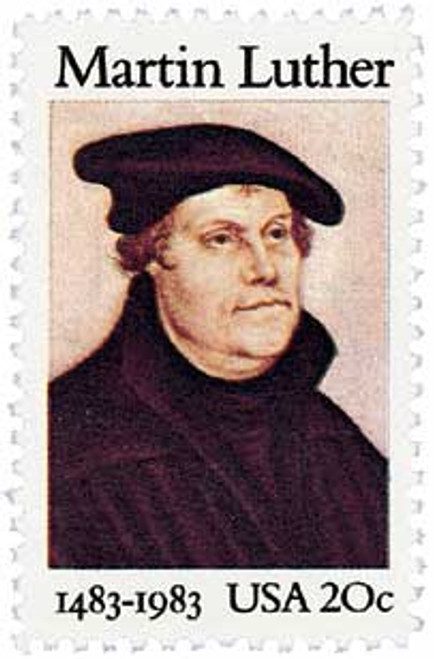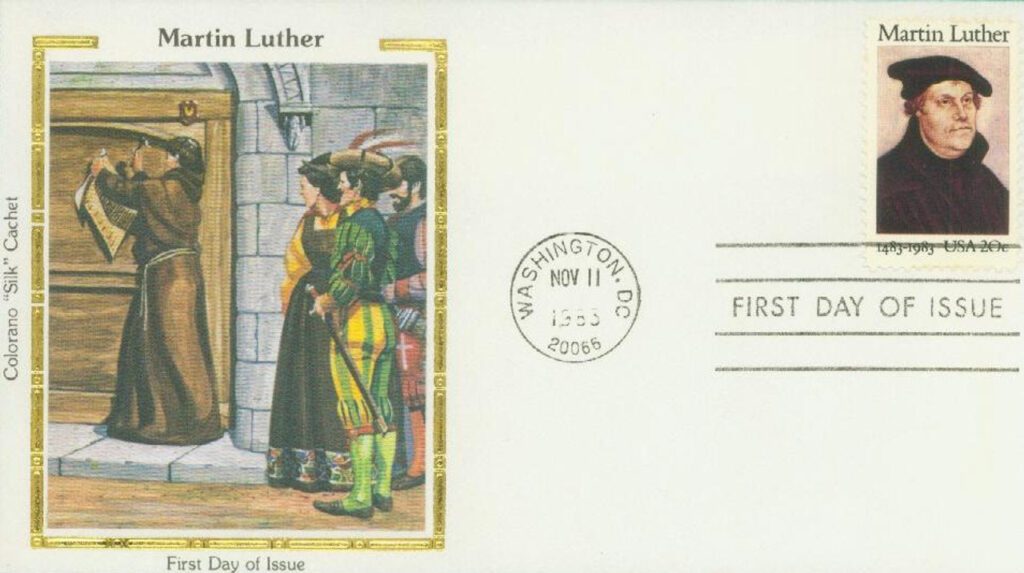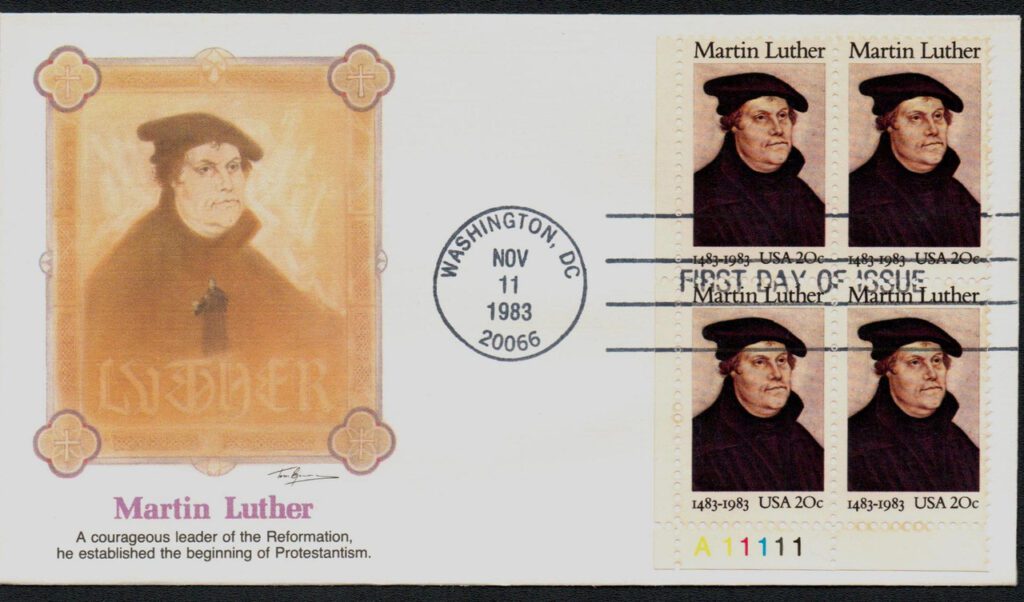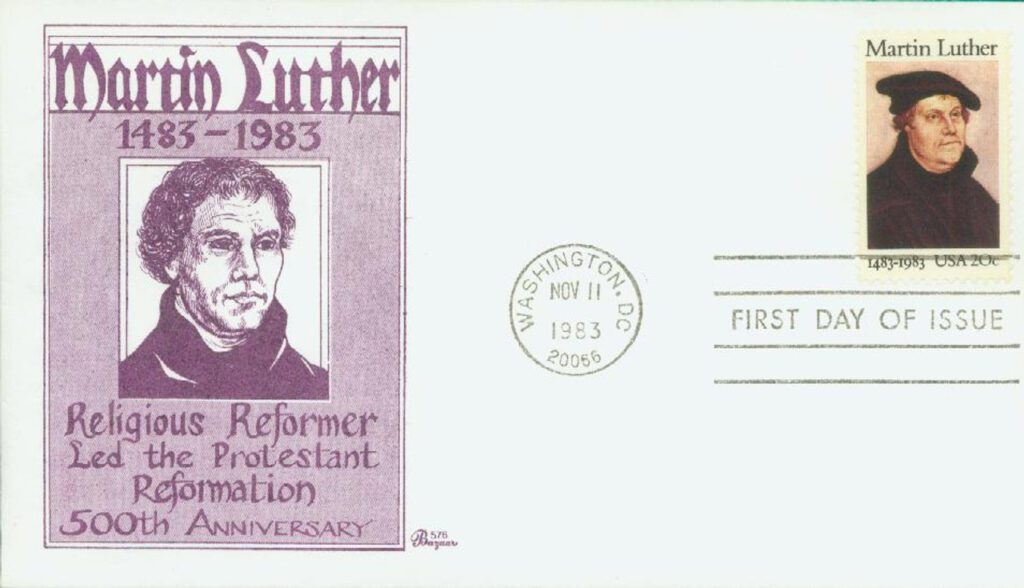Martin Luther was born on November 10, 1483, in Eisleben, Germany. He would grow up to challenge one of the most powerful institutions in the world—the Roman Catholic Church—and ignite the Protestant Reformation, a movement that forever changed Christianity and European society.

Luther’s early life gave little hint of the revolution he would one day lead. His father, Hans Luther, was a successful miner who wanted his son to become a lawyer. Martin studied at the University of Erfurt and earned a master’s degree in 1505. That same year, a thunderstorm changed the course of his life. Terrified when lightning struck nearby, Luther cried out to Saint Anne, promising to become a monk if he survived. True to his word, he entered the Augustinian monastery in Erfurt soon after.

Luther devoted himself fully to his new religious life. He prayed, fasted, and confessed often, but he continued to struggle with guilt and fear of God’s judgment. His superiors sent him to study theology, hoping academic work would bring him peace. In 1512, he earned a doctorate in theology and joined the faculty at the University of Wittenberg, where he began teaching Bible studies. It was through his study of scripture—especially the writings of St. Paul—that Luther discovered the concept that became central to his beliefs: salvation through faith alone.
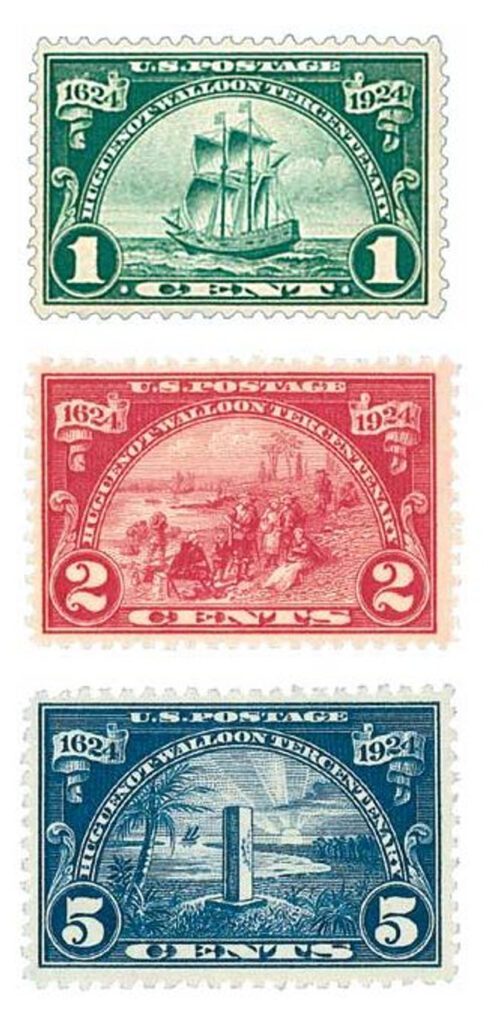
At that time, the Catholic Church taught that people could reduce punishment for their sins by performing good works, receiving sacraments, and purchasing indulgences—certificates that claimed to lessen time in purgatory. Luther grew deeply disturbed by this practice, seeing it as corrupt and misleading. In 1517, the Dominican friar Johann Tetzel began selling indulgences near Wittenberg to raise money for rebuilding St. Peter’s Basilica in Rome. Outraged, Luther decided to speak out.

On October 31, 1517, Luther nailed his Ninety-Five Theses to the door of the Wittenberg Castle Church. The document listed his criticisms of indulgences and other Church abuses, calling for open debate. Though intended for scholars, the Theses quickly spread across Europe, thanks to the recent invention of the printing press. Within weeks, Luther’s challenge to Church authority became the talk of Germany and beyond.
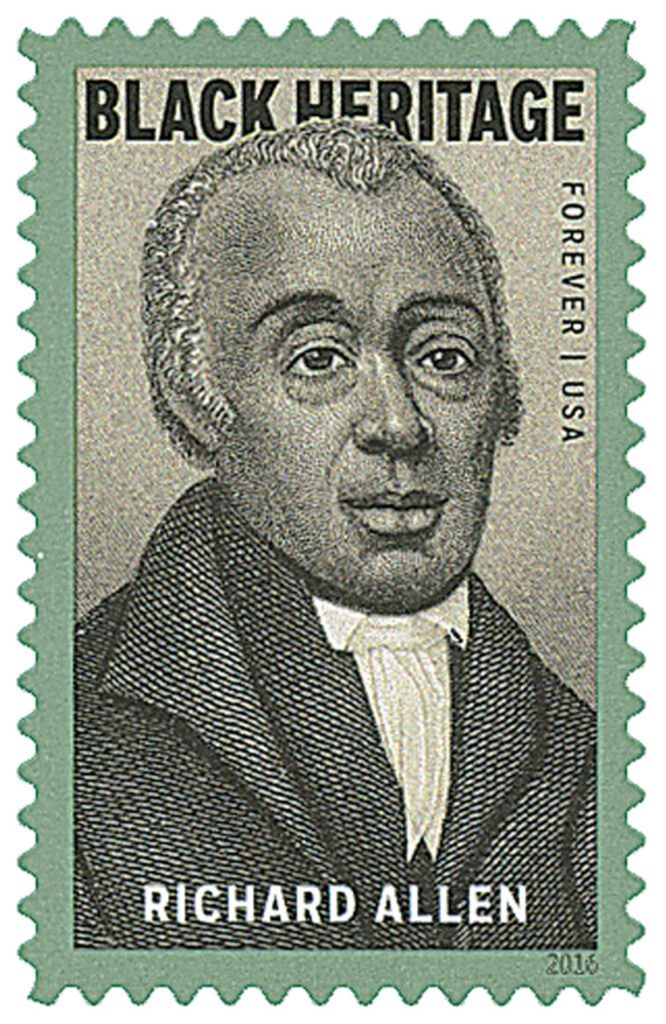
Church officials demanded that Luther recant his statements, but he refused. In 1520, Pope Leo X issued a decree threatening him with excommunication. Instead of backing down, Luther publicly burned the decree. The following year, he was summoned before Emperor Charles V at the Diet of Worms, a formal assembly of the Holy Roman Empire. When asked to withdraw his writings, Luther replied, “Unless I am convinced by scripture and plain reason… I cannot and will not recant anything. Here I stand, I can do no other. God help me. Amen.” His refusal made him a hero to some and an outlaw to others.
After the Diet of Worms, Luther was declared an outlaw and excommunicated from the Church. Fearing for his safety, his supporter Frederick the Wise, Elector of Saxony, hid him in Wartburg Castle. During his time in hiding, Luther began one of his most important works: translating the New Testament from Latin into German. This translation made the Bible accessible to ordinary people for the first time, helping spread literacy and encouraging individuals to interpret scripture for themselves.
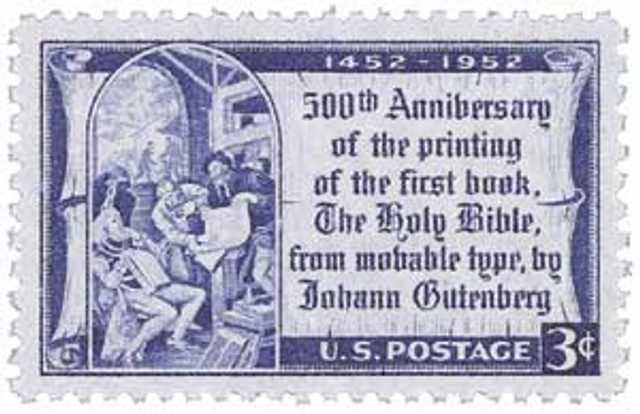
Luther returned to Wittenberg in 1522 to find that his ideas had already inspired major changes. Many German princes supported his reforms, while others resisted. The movement he started grew beyond his control, leading to social upheaval, including the Peasants’ War of 1524–1525, which Luther condemned for its violence. Still, his teachings continued to shape new Protestant churches across Europe.
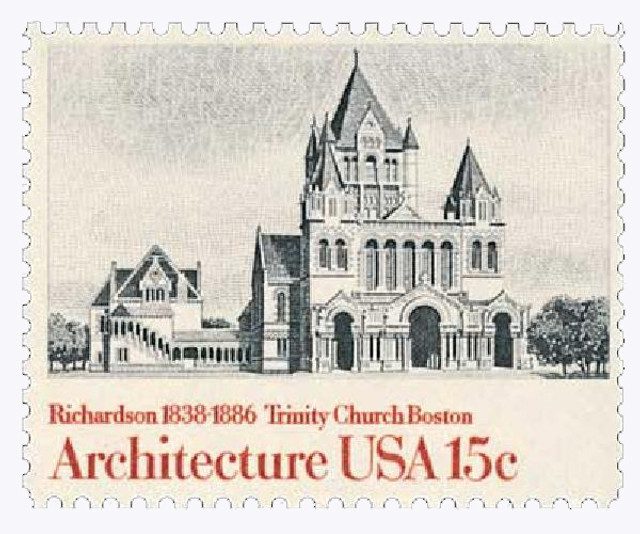
Luther married Katharina von Bora, a former nun, in 1525, and they had six children. Their marriage became a model for Protestant family life, emphasizing love, partnership, and education. Luther continued to write sermons, hymns, and theological works until his death in 1546.
By the time Martin Luther died in his hometown of Eisleben on February 18, 1546, his Reformation had split Western Christianity into multiple denominations and set the stage for modern ideas about faith, individual conscience, and freedom of thought. His courage to question authority transformed religion, politics, and culture throughout Europe and beyond.
Today, Martin Luther is remembered not only as a theologian but as a man who changed the course of history with his words. His insistence that faith, not wealth or hierarchy, defined a person’s relationship with God challenged centuries of tradition—and his influence continues to be felt in churches, classrooms, and societies around the world.
Click here for lots more worldwide religion-themed stamps.
| FREE printable This Day in History album pages Download a PDF of today’s article. Get a binder or other supplies to create your This Day in History album. |
Discover what else happened on This Day in History.

